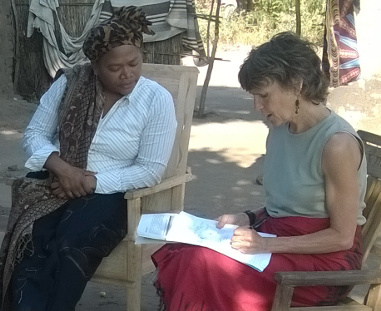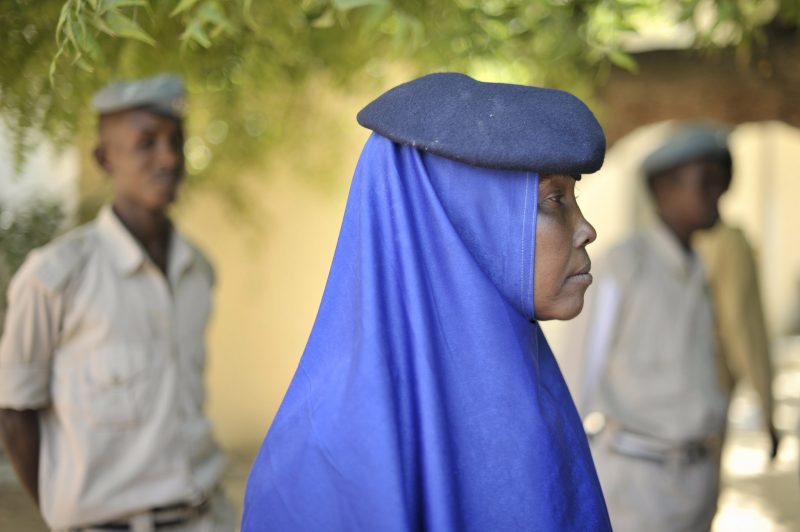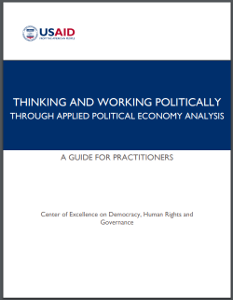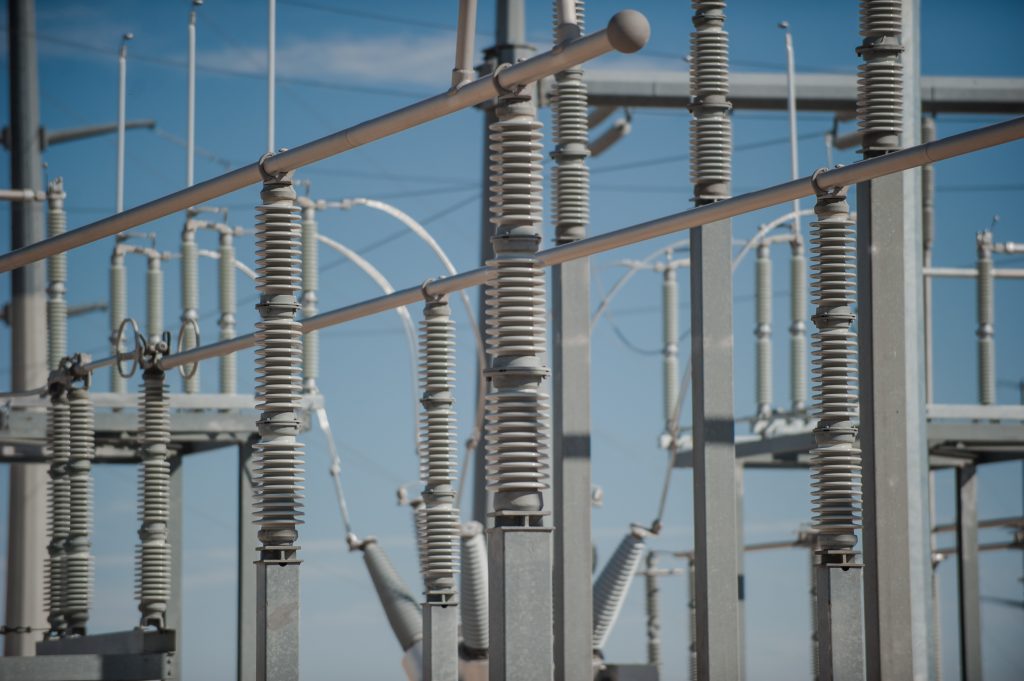To our Thinking and Working Politically Community,
We are updating and making some changes to our website which reflect the next phase for the Thinking and Working Politically Community of Practice (TWP CoP). Please bear with us during this time and check back for updates about events and our latest releases. To be the first to hear about our progress, you can sign up to our newsletter here and follow us on Twitter.
– The TWP Secretariat
Thinking and Working Politically: Reviewing the evidence
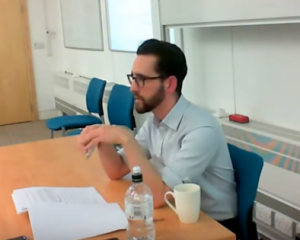 This research paper by Ed Laws (Overseas Development Institute) and Heather Marquette (University of Birmingham) critically reviews the evidence on thinking and working politically in development. Scholars and practitioners have increasingly recognised that development is a fundamentally political process, and there are concerted efforts underway to develop more politically-informed ways of thinking and working. However, while there are interesting and engaging case studies in the literature, these do not yet constitute a strong evidence base that shows these efforts can be clearly linked to improved development outcomes. Much of the evidence used so far to support more politically-informed approaches is anecdotal, does not meet the highest standards for a robust body of evidence, is not comparative (systematically or otherwise), and draws on a small number of self-selected, relatively well-known success stories written by programme insiders.
This research paper by Ed Laws (Overseas Development Institute) and Heather Marquette (University of Birmingham) critically reviews the evidence on thinking and working politically in development. Scholars and practitioners have increasingly recognised that development is a fundamentally political process, and there are concerted efforts underway to develop more politically-informed ways of thinking and working. However, while there are interesting and engaging case studies in the literature, these do not yet constitute a strong evidence base that shows these efforts can be clearly linked to improved development outcomes. Much of the evidence used so far to support more politically-informed approaches is anecdotal, does not meet the highest standards for a robust body of evidence, is not comparative (systematically or otherwise), and draws on a small number of self-selected, relatively well-known success stories written by programme insiders.
TWP Community of Practice & WRI workshop, Washington DC, January 2018
Sustainable Development Goal 7 aims to ensure access to affordable, reliable, sustainable and modern energy for all. Achieving this goal is as much a political as a technological challenge. The ability of governments, the private sector and citizens to build and access the energy needed for environmentally friendly growth and employment hinges not just on access to new technologies and markets, but also on policy priorities and their coherence, effective policy implementation, public-private collaboration and stability. All of these are rooted in domestic, regional and global political economy dynamics.
This 1.5 day workshop co-hosted by the World Resources Institute (WRI) and the Thinking & Working Politically Community of Practice (TWP CoP) was an opportunity to situate SDG 7 and the challenges of ensuring inclusive energy access within the broader context of the political economy dynamics of the energy sector. This workshop brought together approximately 40 participants, including analysts, practitioners and funders who have studied the political economy of the energy sector and are working in innovative ways to reform it.

